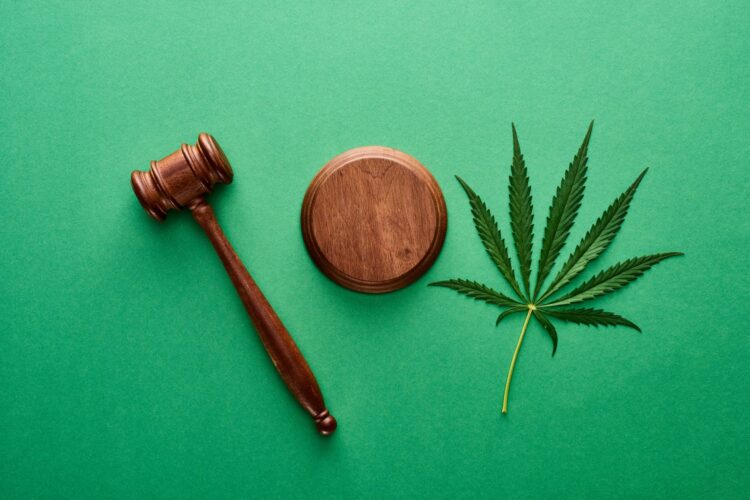FAQ: Drug Charges And Drug Arrests In Georgia

For persons facing drug charges, it can be an uneasy and stressful ordeal. In the state of Georgia, the drug laws are quite strict when it comes to illegal drugs and resultant prosecution. The consequences of each charge depends on various factors, such as type of drug, amount of said drug in possession, and what the intention with the drug was.
This article will cover some of the most important questions a person may have while dealing with a drug charge. Being informed about these matters is an absolute must when navigating the criminal justice system. Keep in mind this article is not sufficient to replace hiring a qualified criminal defense lawyer, but it will help you gain some of the basic knowledge that will help you understand how drug charges work in Georgia.
What does the state of Georgia define as “drug possession”?
In Georgia, a person does not need to physically have the drugs on their person (in hand/in pocket) to be found guilty of drug possession. The state of Georgia defines possession as either “actual” or “possessive” meaning you can be charged if the drugs are in your home or in your vehicle. All that needs to be proven is that the drugs were in your control.
Is cannabis illegal in Georgia?
Cannabis is illegal for recreational use in Georgia. Possession of even a small amount of marijuana could see you losing your license for 6 months and facing up to 1 year in prison. Possession of more than one ounce of marijuana is a felony and can carry a sentence of 1 to 10 years. There are diversion programs that can keep people out of jail and focus on education and rehabilitation instead. In some parts of Georgia, such as Atlanta and Savannah, however, marijuana has been decriminalized.
How does someone qualify for a diversion program?
Eligibility for a diversion/conditional discharge program is dependent on the facts of the case. If this is your first drug charge or conviction, the judge may offer a first offender plea where you would plead guilty, but the charges are then dismissed by complying with probation terms offered by the judge.
The terms could include drug testing, substance abuse treatment or house arrest. If you violate the terms of the diversion program, it will default to your sentence based on your guilty plea and could include jail time and fines.
Best defense for a drug charge?
If a person feels their arrest was unjustified or handled poorly, the best way to try and get the case dismissed is to prove that the arresting officers mishandled the arrest procedurally. A few ways a lawyer can bring this to the attention of the court is:
- – Illegal Search and Seizure: The 4th Amendment dictates the terms under which the government can invade the privacy of an individual and search their person or property. A police officer must have probable cause or a warrant to do so. In the absence of either of these, the search is deemed illegal unless you gave the officer consent to search you. The evidence will be deemed inadmissible in court and the prosecution will have nothing to use against you.
- Other defenses include entrapment, (convincing the court the police pressured the defendant into the crime) planting of drugs, (this is a difficult defense to prove) and proving the drugs belonged to someone else, (in which you have to acknowledge the defendant knew about the drugs.)
What happens at an arraignment for a drug charge?
An arraignment (hearing) is customarily the first court proceeding in a drug charge case. At this hearing, you will hear the criminal charges against you and have an opportunity to plead guilty, not guilty, or no contest. If you plead not guilty, your lawyer will be able to request evidence that the State is holding and that can help to build a case for your defense.
To avoid a conviction, it is imperative to go with a qualified criminal attorney with experience and know-how with drug cases. Every case is different, but you have several lines of defense to back you up during your court case and utilizing them will help give you the best chance to keep you out of jail and with a clean record.
Need experienced and confident representation?
At Andrew Schwartz Law, we know how important your freedom is to you. Andrew Schwartz is a former drug crime lawyer in Cobb County equipped with the criminal defense experience and reputation necessary for success in the courtroom.
Contact Schwartz Law today and see why Mr. Schwartz has earned a strong reputation in the community as a dedicated litigator, successful negotiator and dynamic trial lawyer. With Schwartz Law, we have a reputation for success and proudly practice in the Cobb County area.
